Israel seizes privately-owned Palestinian land for road expansion
Israeli authorities have decided to confiscate thousands of square meters of private Palestinian land near occupied Jerusalem al-Quds to expand a settlement in blatant violation of international law and defiance of United Nations Security Council resolutions condemning the Tel Aviv regime’s land expropriation and settlement expansion policies in the occupied territories.
The officials said they had approved the expropriation of 47 dunams (47,000 square meters) of private Palestinian land in al-Ram town, which lies northeast of Jerusalem al-Quds, adding that the move is aimed at constructing a new road to expand a military checkpoint installed on the main road of the town.
The mayor of al-Ram, Raqi Ghazawneh, said the land seizure is not the first of its kind, explaining that the checkpoint was originally established on illegally seized Palestinian land.
He said a meeting was held on Tuesday with the owners of the land, where they vowed to file an objection against the Israeli arbitrary measures.
Ghazawneh further noted that nearly 400,000 Palestinians are currently living in al-Ram, saying they are suffering from harsh economic conditions because of the separation wall that snakes across the occupied Palestinian territories and isolates large swathes of them from areas where Israeli settlers are concentrated.

Less than a month before US President Donald Trump took office, the United Nations Security Council adopted Resolution 2334, calling on Israel to “immediately and completely cease all settlement activities in the occupied Palestinian territories, including East Jerusalem” al-Quds.
About 600,000 Israelis live in over 230 illegal settlements built since the 1967 Israeli occupation of the Palestinian territories of the West Bank and East Jerusalem al-Quds.
Palestinians want the West Bank as part of a future independent Palestinian state with East Jerusalem al-Quds as its capital.
The last round of Israeli-Palestinian talks collapsed in 2014. Among the major sticking points in those negotiations was Israel’s continued settlement expansion on the Palestinian territories.
Trump backtracked on Washington’s support for a “two-state solution” earlier this year, saying he would support any solution favored by both sides.
“Looking at two-state or one-state, I like the one that both parties like. I’m very happy with the one both parties like. I can live with either one,” the US president said during a joint press conference with Israeli Prime Minister Benjamin Netanyahu in Washington on February 15.
#IR47: Iran’s tourism boom since 1979 Islamic Revolution, driving economy, generating jobs
Palestinian activist in ICE detention 'missing' after medical emergency
Any enemy miscalculation will be met with ‘unprecedented’ response: Iran army chief
VIDEO | Press TV's news headlines
Hamas urges mediators to curb Israel’s violations of Gaza ceasefire
Islamic Revolution anniv. rallies to span 1,400 cities, draw 7,700 media personnel: Official
Palestinian journalist and Press TV contributor briefly arrested by UK police
Iran advises US to act independently of ‘destructive’ Israeli influence amid nuclear talks in Oman



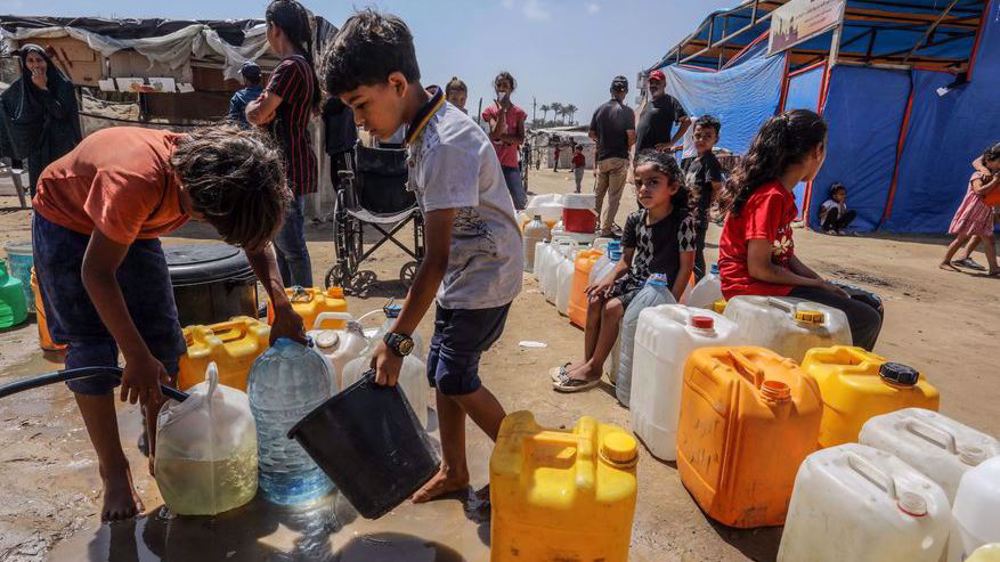
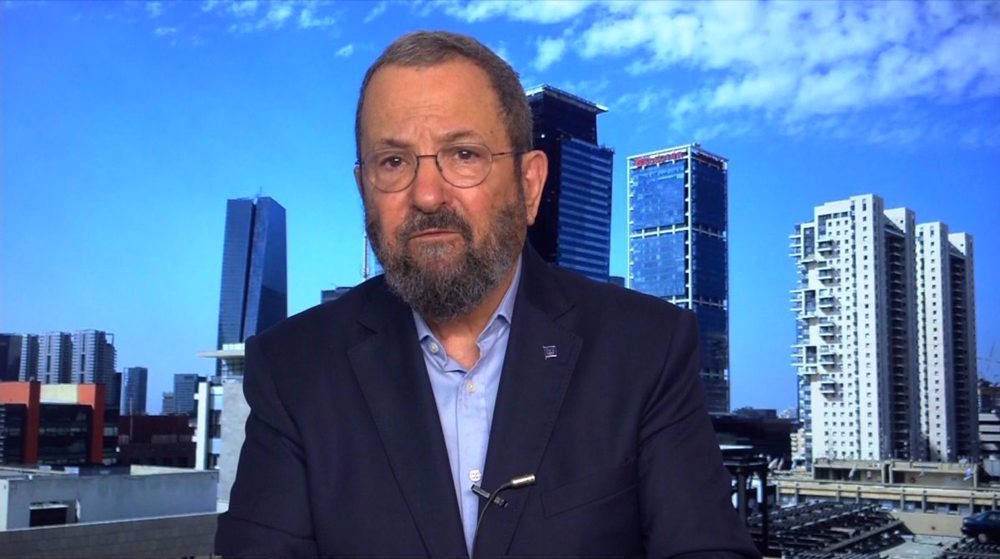




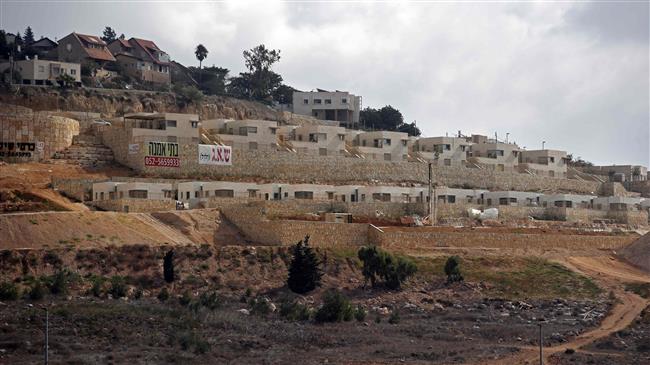
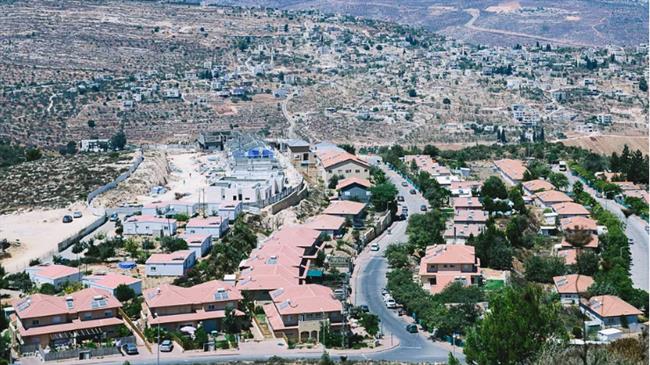




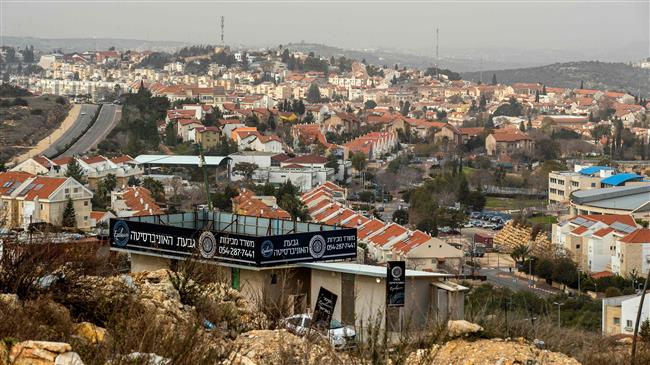

 This makes it easy to access the Press TV website
This makes it easy to access the Press TV website